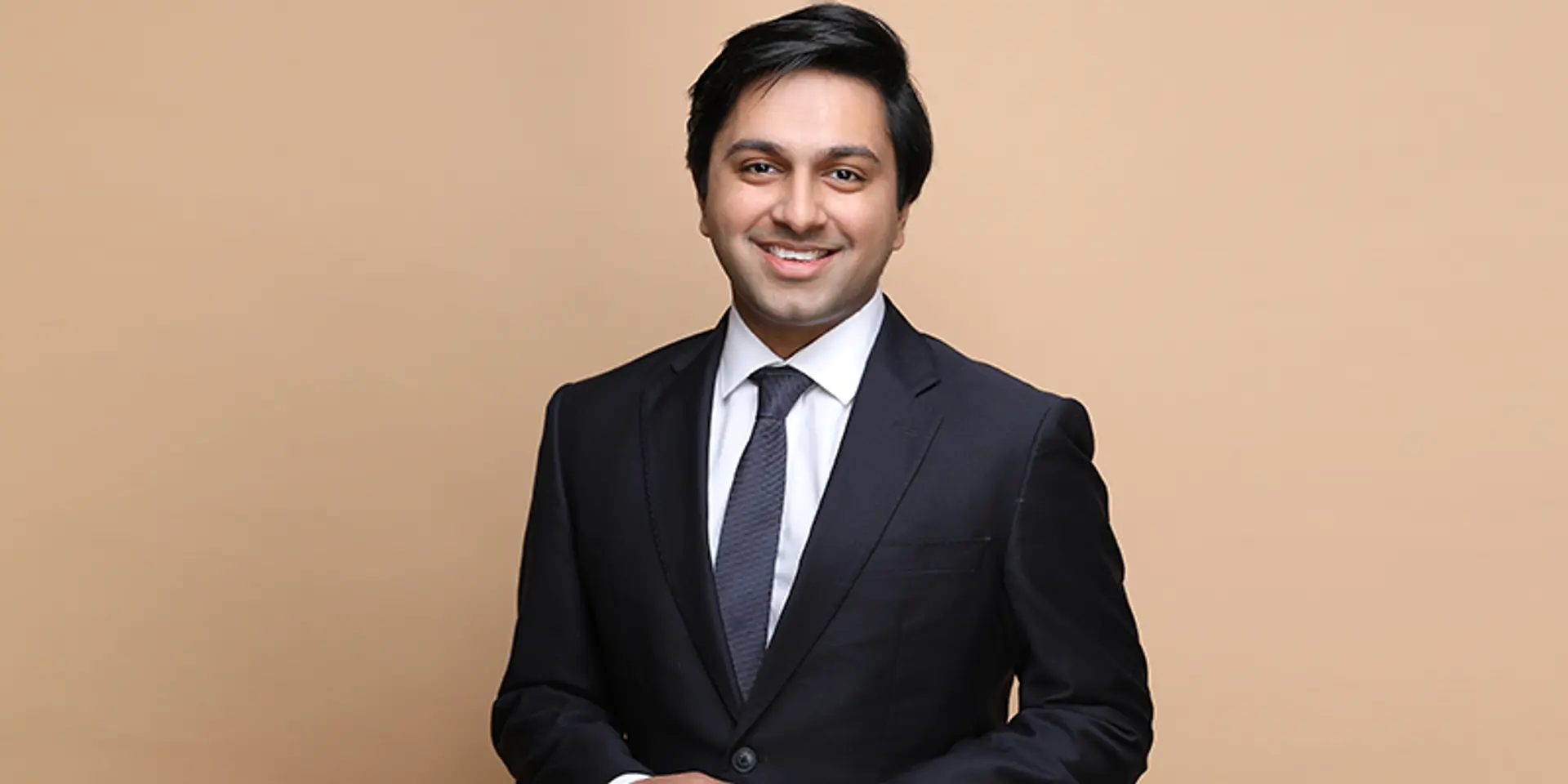Cybersecurity startup Lucideus forays into consumer space; launches mobile app SAFE Me
The app leverages Lucideus’ proprietary breach likelihood scoring algorithm and relies on AI and ML to provide every individual with a cyber risk score.
Cyber security startup Lucideus Technologies has launched SAFE Me, a mobile application which scans your smartphone and gives you a score on the scale of five on how 'secured' your device is.
Lucideus which assesses firewalls for companies like ICICI Bank, HDFC Bank, Delhi Airport, Mumbai Airport, Tata Sky, Pizza Hut, and others with its product SAFE — real-time cybersecurity assessment and monitoring platform for enterprises, marks its entry into B2C segment with SAFE Me app.
In an interaction with YourStory, Saket Modi, Co-Founder and CEO, Lucideus tells that SAFE Me was a natural extension to its offering and the startup was working on the product for more than a year with a dedicated team of 25 people. He emphasised that people should take cyber security seriously because the threat of cyber crimes are on the rise, and this is corroborated by Gallup’s research which shows consumers think the same.
He shared examples how people are getting duped, especially during coronavirus-induced lockdown, with many app users unaware how they get exposed to hackers. Saket also shared that most hackers do not want to go after the big names like politicians and celebrities because they have the defense capabilities, and they can hire a lawyer and secure themselves. It's the common people who are more vulnerable. He even shared that the new-age hackers just don't just extract money and personal data from your smartphone but also RAM storage for activities such as crypto mining.
"Everybody's online, your phone is out there — be it in a bedroom or a boardroom, hackers can get your way to you," said Saket.
Studies suggests that consumers are considered one of the weakest links in the cyber security chain with human negligence causing 63 percent of corporate insider threats. This dissonance between people’s understanding of cyber security and how they act speaks to the importance of changing the way the public engages.
The newly-launched app SAFE Me leverages Lucideus’ proprietary breach likelihood scoring algorithm, built as joint research with MIT, and relies on AI and Machine Learning to provide every individual with a cyber risk (or breach likelihood) score on a combination of factors including device security, exposure on the deep and dark web, cyber security awareness, and more.
“The average consumer is tech-savvy to a point, but cyber security is perhaps their weakest area of expertise. They can accurately report battery life percentage and share gigabytes of data usage, but if you ask them to quantify – or even describe – their cyber-risk, the vast majority wouldn’t know where to find the answer,” said Saket.

He further added that SAFE Me is designed to help consumers re-engineer their cyber consciousness.
"We’ve designed a solution that empowers consumers to easily monitor and understand their cyber risk across all their devices and the digital platforms they frequent such as Google, Twitter, or Facebook in real-time. By curating a digital, gamified, easy-to-understand, and mobile-first experience, SAFE Me equips consumers with the know-how needed in today’s digital environment," added Saket.
SAFE Me will be available in three versions — free model, which is basic; paid model which includes an enterprise where all the employees will have the app on their phones; and platinum, which is specially designed for CXOs and helps them to asses business-level cyber security on their personal devices.
Incubated at IIT Bombay initially, Lucideus Tech was launched in 2012, and was functioning from its headquarters in Delhi until last year. After raising Series A funding of $5 million from John Chambers, former Chairman and CEO of Cisco Systems, in November 2018, the company has now moved to Palo Alto. However, the company continues to run operations from several offices including Delhi, Mumbai, Bengaluru, Boston, and Palo Alto.
Edited by Kanishk Singh




